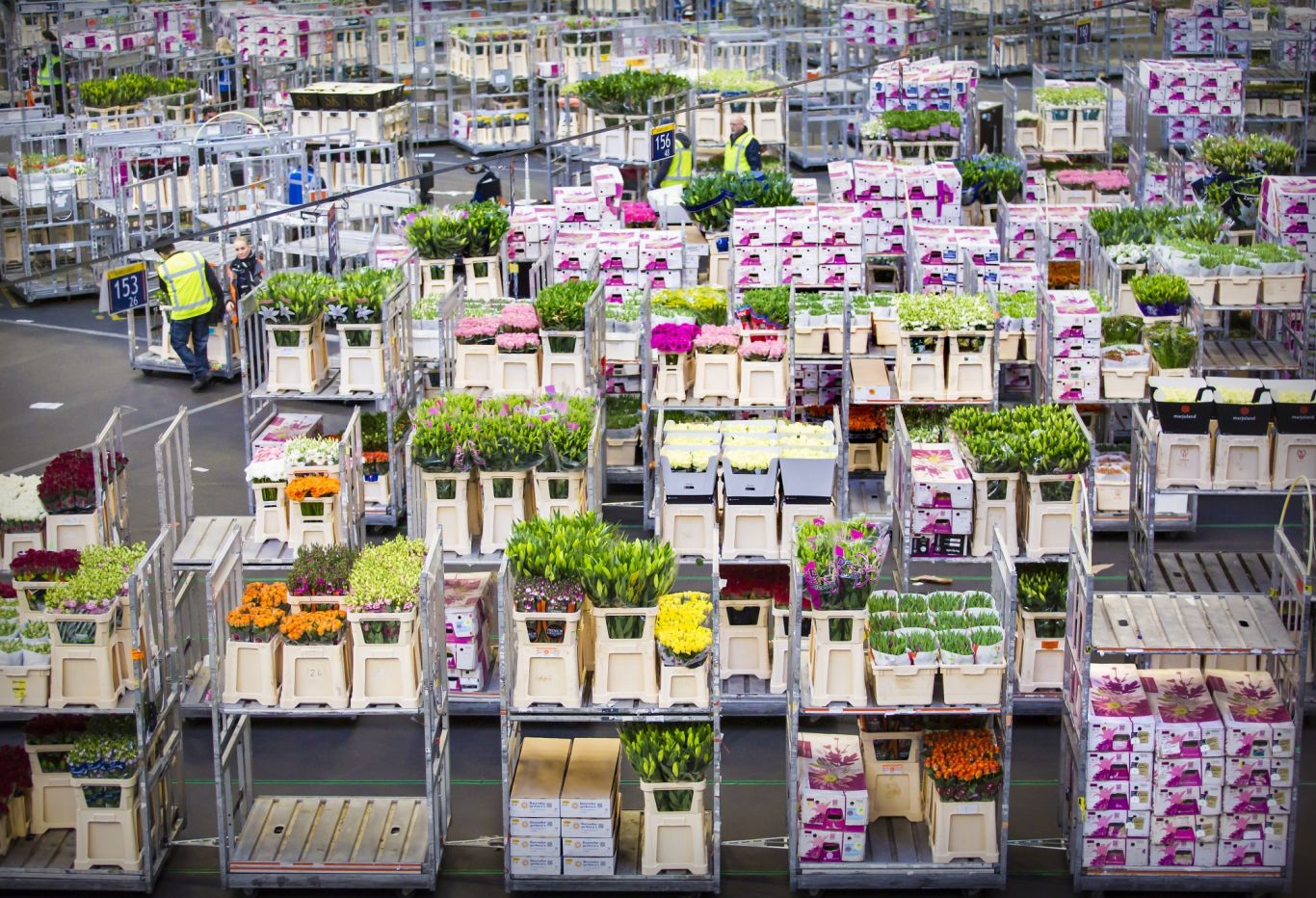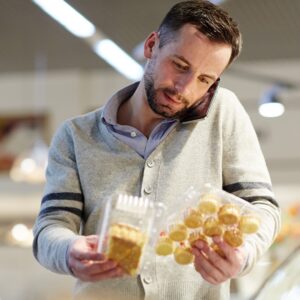LCA Quickscan Flower and Plant Sleeves

LCA Quickscan Flower and Plant Sleeves
LCA study on flower and plant sleeves
Sleeves for packaging flowers and plants are best made of paper and preferably recycled paper. For plastic covers, the use of recycled material and post-life recycling help to reduce the environmental impact. This is evident from an LCA Quickscan that Royal Flora Holland had carried out by Partners for Innovation.
A Life Cycle Analysis compares the environmental impact of different products based on a scientific calculation method. An LCA Quick Scan quickly provides a reliable picture of the environmental consequences, from production to collection and processing.
Floriculture now often uses Polypropylene (PP) sleeves. Six different sleeves were compared for this study:
- Paper of 7.6 grams
- 100% gerecycled paper of 7.6 grams
- PolyPropyleen (PP) of 5.4 grams
- 40% gerecycled PP of 5.5 grams
- Low Density PolyEtheen (LDPE) of 5.6 grams
- 40% gerecycled LDPE of 5.7 grams
The choice of these sleeves and the associated data have been collected at the request of several producers of flower and plant sleeves. The results were also tested with these producers.
Considering CO₂ emissions, recycled paper scores best, followed by virgin paper. Of the plastic variants, sleeves with recycled PP are preferred over those made from recycled LDPE. The virgin plastics emit the most CO₂. The differences between the two types of plastic are almost negligible tough. Paper sleeves also prove to be the most sustainable in other environmental aspects, such as raw materials and water scarcity. However, a higher paper thickness quickly affects that favorable position.
A major factor in determining the environmental impact of the plastic sleeves is what happens to the sleeves after use, and whether the covers are actually collected, sorted and recycled at the end of their lifespan. And for each material, the choice to have, no or less printing on the sleeve has a major impact on the environmental impact. The ink is harmful to the environment as well as to the recycling process.
More information
Click here fot the news article of Royal Flora Holland.
Download the LCA quick-scan report
Curious how we can support you to make (floriculture) packaging more sustainable, please contact Siem Haffmans.
Other
projects
Want to
know more?
Contact us!




